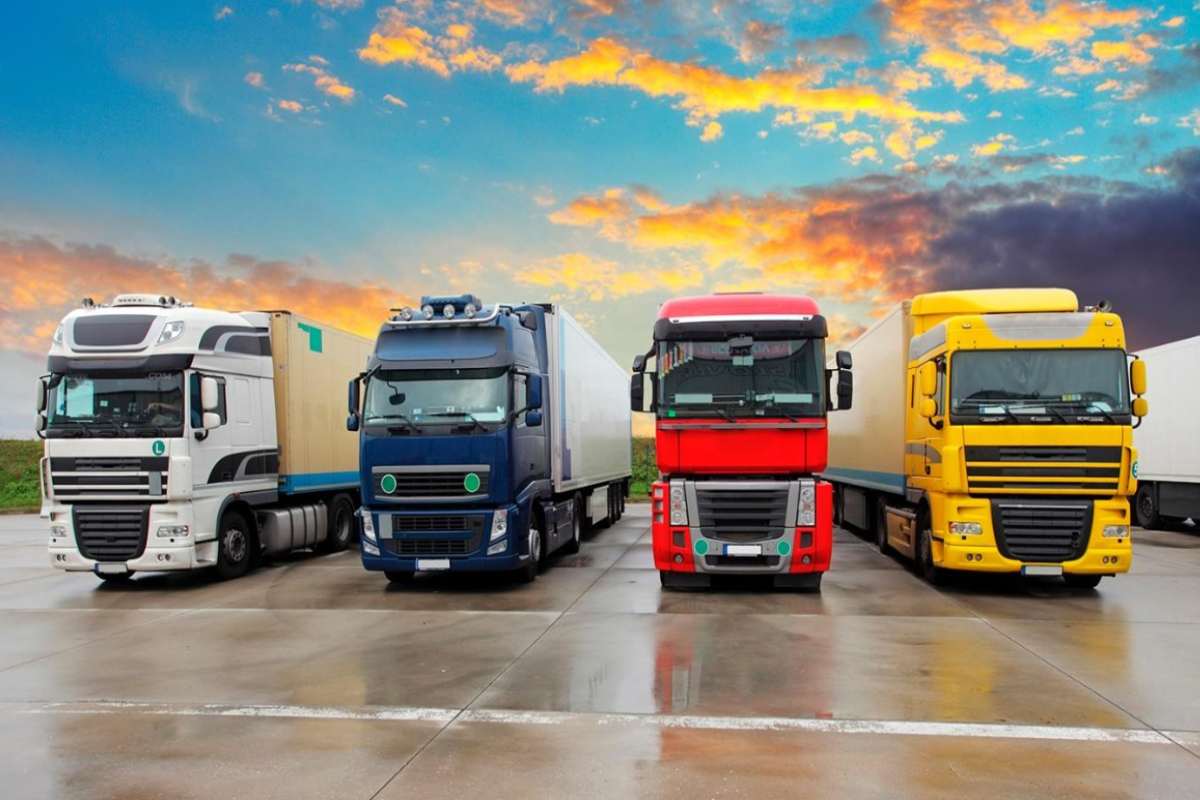Motor transport plays a crucial role in the logistics industry, serving as the backbone for moving goods across regions efficiently and reliably. From small parcels to oversized shipments, road-based transportation is indispensable for businesses aiming to meet tight delivery schedules and maintain customer satisfaction.
Table of Contents
Advantages of Motor Transport
Motor transport offers numerous benefits, making it a preferred mode for logistics:
- Flexibility
Unlike rail or air transport, motor transport provides door-to-door delivery, allowing businesses to ship goods directly to consumers without the need for additional handling. This flexibility is particularly beneficial for last-mile delivery and rural areas with limited access to other modes of transportation. - Cost-Effectiveness
For short and medium distances, motor transport is often the most economical option. It minimizes costs associated with transshipment and allows businesses to save on packaging compared to other methods like air freight. - Speed and Accessibility
Roads connect even the remotest areas, ensuring timely delivery. With the growing demand for same-day and next-day deliveries, motor transport has become a cornerstone of e-commerce operations.
Role of Specialized Services in Motor Transport
The logistics industry is evolving rapidly, and specialized services like Mobel Transport have emerged to address unique shipping needs. These services cater to the transportation of delicate or bulky items such as furniture, requiring careful handling and customized solutions.
Using motor transport for furniture delivery ensures that items are not only delivered safely but also on time. The industry has seen significant technological advancements, including GPS tracking and optimized route planning, making services like Möbel Transport more reliable and efficient.
Sustainability in Motor Transport
With the increasing focus on reducing carbon footprints, the motor transport sector is embracing greener alternatives. Companies are adopting electric vehicles (EVs), using renewable energy, and optimizing fuel consumption to make logistics more sustainable. These efforts not only benefit the environment but also enhance brand reputation among eco-conscious consumers.
Conclusion
Motor transport continues to be an integral part of the logistics network, offering unparalleled flexibility, cost-efficiency, and accessibility. As the industry adapts to meet the demands of modern commerce and sustainability, specialized services like Mobel Transport exemplify how tailored solutions can drive success.
By leveraging advancements in technology and prioritizing sustainability, the future of motor transport looks promising for businesses and consumers alike.

